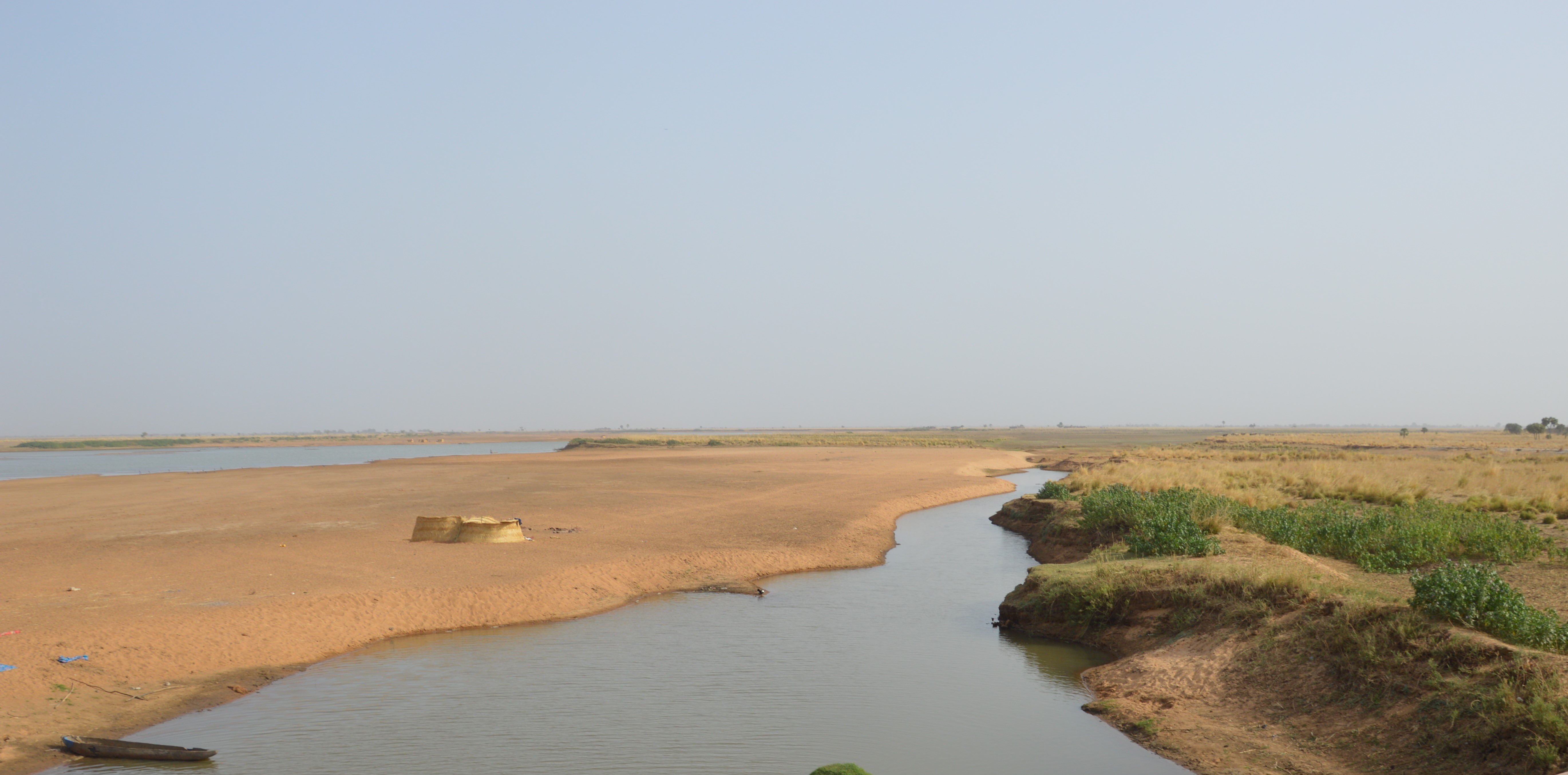The 1992 Helsinki Water Convention is a unique international legal instrument and intergovernmental platform which aims to ensure the sustainable use of transboundary water resources by facilitating cooperation between countries. Initially negotiated as a regional instrument, it has been opened for accession to all UN Member States since 2016. By acceding to the Convention, Cameroon opts for the better management of its shared water resources through increased cooperation between states in the Lake Chad, Niger, and Congo River basins as well as coastal rivers to promote sustainable development and peace.
Through this convention, Cameroon also commits to conserving and restoring ecosystems degraded by droughts and floods caused among others by climate change which greatly affects especially the Northern parts of the country. The country’s government will also better secure water facilities dedicated to both irrigation and electricity generation. The country can now benefit fully from the Convention’s trust fund to boost its efforts towards the achievement of Sustainable Development Goal 6 (SDG 6)
GWP’s contribution to Cameroon’s accession to the convention
In line with its mission to promote Integrated Water Resources Management (IWRM) in Central Africa, GWP-Central Africa through the Cameroon Country Water Partnership (CWP-Cmr), supported the government of Cameroon throughout the adhesion process. Designated by the Ministry of Water Resources and Energy as a member of the technical committee in charge of facilitating the country’s accession to the Convention, GWP-Cmr supported efforts by the country to join the convention through strengthening capacity of national experts on transboundary cooperation, raising awareness on its importance and participating actively in the evaluation to ascertain the advantages and constraints of the country’s accession to the 1992 UN Water Convention.
By joining the Convention, Cameroon consolidates its status as a major actor in the promotion of Integrated Water Resources Management and joins Republic of Chad which was the 2nd country to accede to the 1992 Water Convention in Central Africa.
